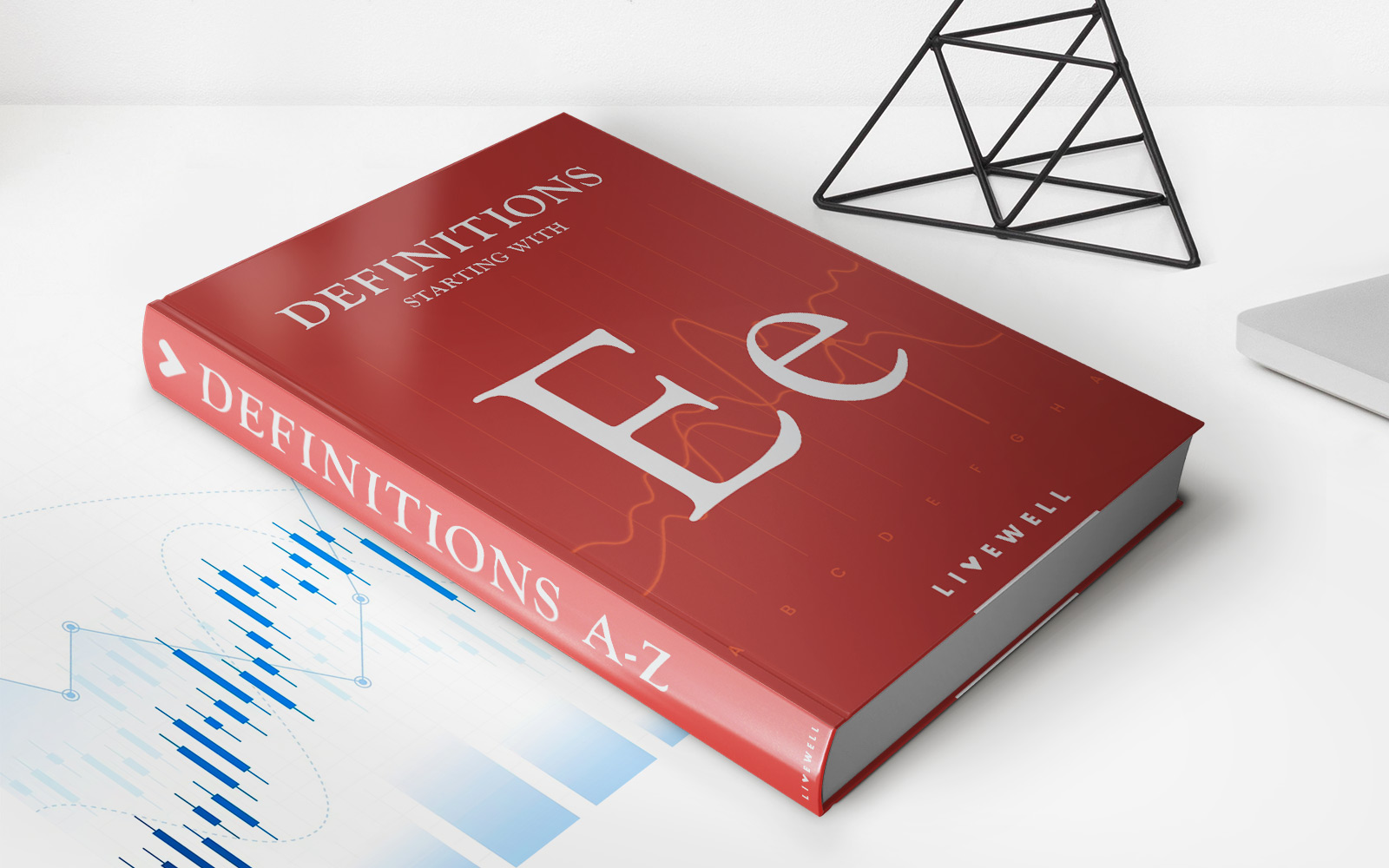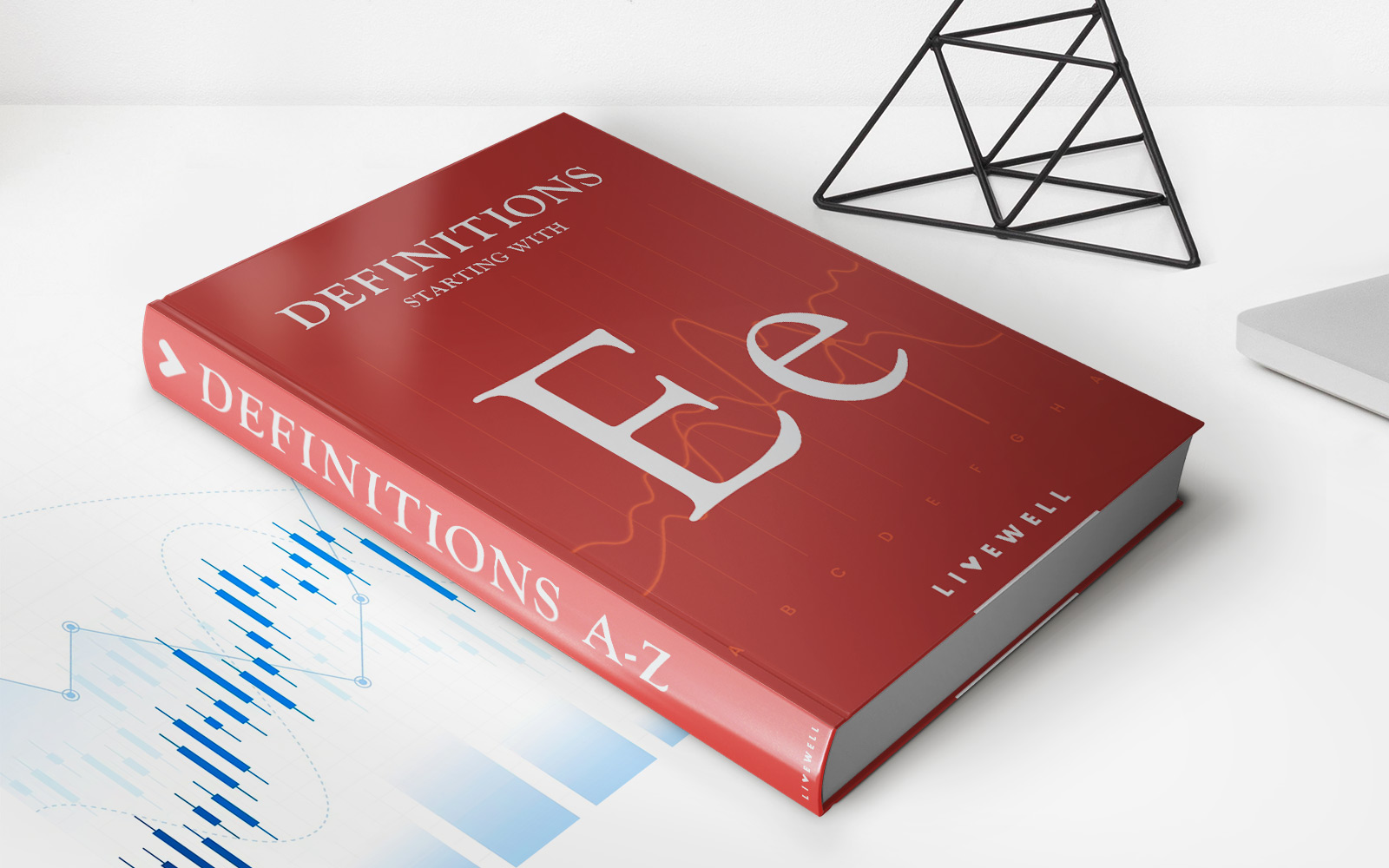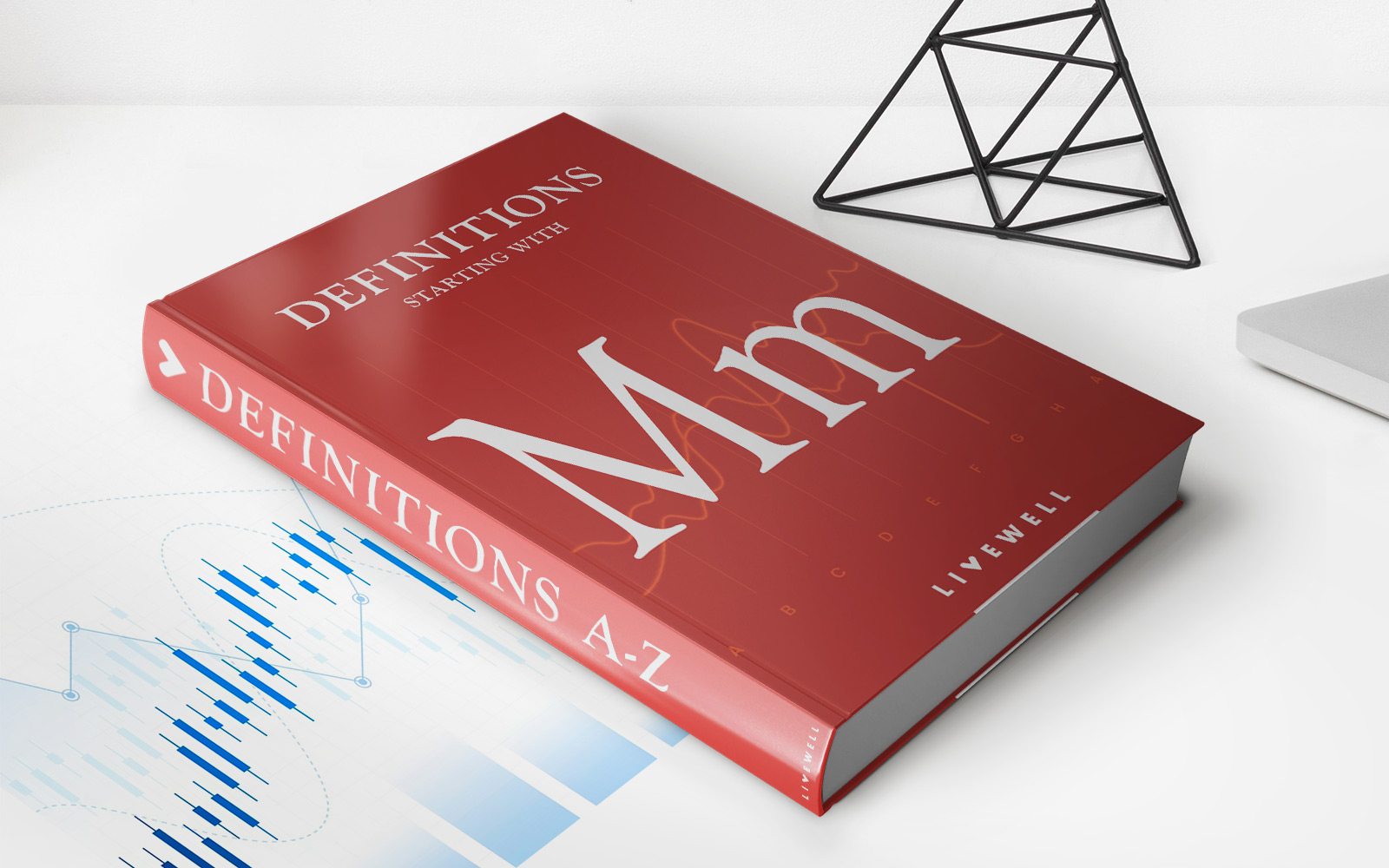Home>Finance>Exotic Option: Definition And Comparison To Traditional Options


Finance
Exotic Option: Definition And Comparison To Traditional Options
Published: November 21, 2023
Learn about exotic options and how they differ from traditional options in the world of finance. Gain a deep understanding of this unique financial instrument.
(Many of the links in this article redirect to a specific reviewed product. Your purchase of these products through affiliate links helps to generate commission for LiveWell, at no extra cost. Learn more)
Exotic Option: Definition and Comparison to Traditional Options
Finance is a vast and ever-evolving field, and within it, lies a wide array of financial instruments. Options are one such instrument, providing individuals and businesses with the opportunity to hedge their risks or speculate on future price movements. While traditional options are widely known, there is another category called “exotic options” that offer unique features and potential benefits. In this article, we will explore the definition of exotic options and compare them to traditional options, shedding light on their key differences and advantages.
Key Takeaways:
- Exotic options are financial contracts that possess unique features and are tailored to meet specific investor needs.
- Traditional options, such as calls and puts, are standardized contracts traded on exchanges, while exotic options have custom terms and conditions.
What are Exotic Options?
Exotic options are financial derivatives that have additional or non-standard features when compared to traditional options. These options are designed to cater to specific investor requirements and offer more flexibility in terms of payoff structure and underlying assets. Unlike traditional options, which have standardized terms and conditions, exotic options can be customized to meet the desired risk profile and investment outlook.
Comparison to Traditional Options
When comparing exotic options to traditional options, several key differences emerge:
- Payoff Structure: Traditional options have well-defined and standard payoff structures based on the underlying asset’s price movement at expiration. Exotic options, on the other hand, may have complex or non-linear payoff structures. They can include features such as barriers, knock-ins, knock-outs, and exotic types like Asian options or binary options. These alternative arrangements give investors the opportunity for greater profit potential or risk mitigation, depending on their objectives.
- Terms and Conditions: Traditional options are traded on organized exchanges and follow standard terms and conditions. Exotic options, however, are typically customized contracts negotiated directly between the buyer and seller. This flexibility allows investors to tailor the options to their specific needs, including adjusting the expiration date, strike price, or other variables inherent in the contract.
- Liquidity and Accessibility: Traditional options enjoy higher liquidity due to being traded on established exchanges. Exotic options, being custom-made contracts, may have lower liquidity, making them less accessible to the average investor. However, the benefits of customization and tailored risk management often outweigh the liquidity concerns for certain market participants.
- Pricing and Volatility: Traditional options rely on commonly used mathematical models to determine their fair value, such as the Black-Scholes model. In contrast, exotic options’ pricing can be more complex, often requiring advanced pricing models or simulation techniques due to their unique features. The additional complexity leads to increased volatility in their prices, both in terms of time value and underlying asset movements.
Final Thoughts
Exotic options serve as a valuable tool for investors seeking customized risk management and investment strategies. While traditional options offer standardized contracts with known payoff structures, exotic options cater to specific requirements by incorporating unique features, customized terms, and custom-tailored risk profiles.
As with any financial instrument, it is essential to thoroughly understand the intricacies and potential risks associated with exotic options. Consulting with a qualified financial advisor or broker can help investors navigate this complex terrain, ensuring they make informed decisions aligned with their investment goals.
Remember, whether you choose to explore traditional options or dive into the world of exotic options, adequate research and due diligence are vital to successful investing.














